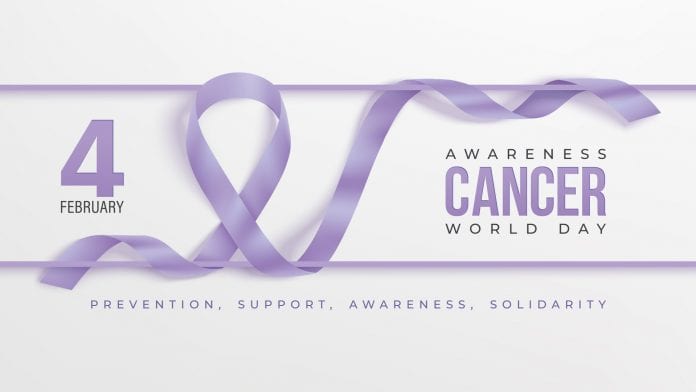Dr Vinayak Munirathnam
Cancer is a disease that affects millions of people worldwide, and it is crucial that we work together to provide the best care possible to those who are diagnosed. Here we discuss four key aspects of cancer care that can help improve outcomes and reduce the stigma associated with the disease.
Precision Medicine: A Growing Importance in Cancer Care
The field of precision medicine is revolutionizing the way we treat cancer by tailoring treatments to the individual patient. This involves using genomic information to understand the specific genetic makeup of a patient’s cancer, which enables medical professionals to develop more effective and less toxic treatment plans. As precision medicine continues to evolve, we can expect to see even more advancements in the future.
Innovations in Cancer Screening and Early Detection
Early detection is critical in the fight against cancer, and recent advancements in screening techniques have made it easier to detect the disease at an early stage. From blood tests to imaging techniques, there are many options available for cancer screening, and utilizing these techniques can lead to improved outcomes and potentially even a cure.

Overcoming the Stigma Surrounding Cancer Diagnosis
The stigma associated with cancer can result in delayed treatment, decreased quality of life, and potentially even worse health outcomes. As medical professionals, it is our responsibility to educate the public on the realities of cancer and help reduce the stigma surrounding the disease. By doing so, we can ensure that all patients receive the care they need without delay.
The Empowering Role of Patient Advocacy
Patient advocacy has become an increasingly important aspect of cancer care, and patients and their families have the ability to become knowledgeable about their diagnosis and treatment options. By advocating for themselves and others, patients can play a crucial role in improving the quality of care for all cancer patients. Empowering patients to take an active role in their care can lead to better outcomes and a more positive experience for all involved.
In conclusion, precision medicine, innovations in screening, overcoming stigma, and empowering patient advocacy are all critical aspects of cancer care that can help improve outcomes and reduce the burden of this disease. By working together, we can provide the best care possible to those who are diagnosed with cancer.
Dr Vinayak Munirathnam is Senior Consultant-Medical Oncology,
Fortis hospitals, Bannergatta Road, Bangalore